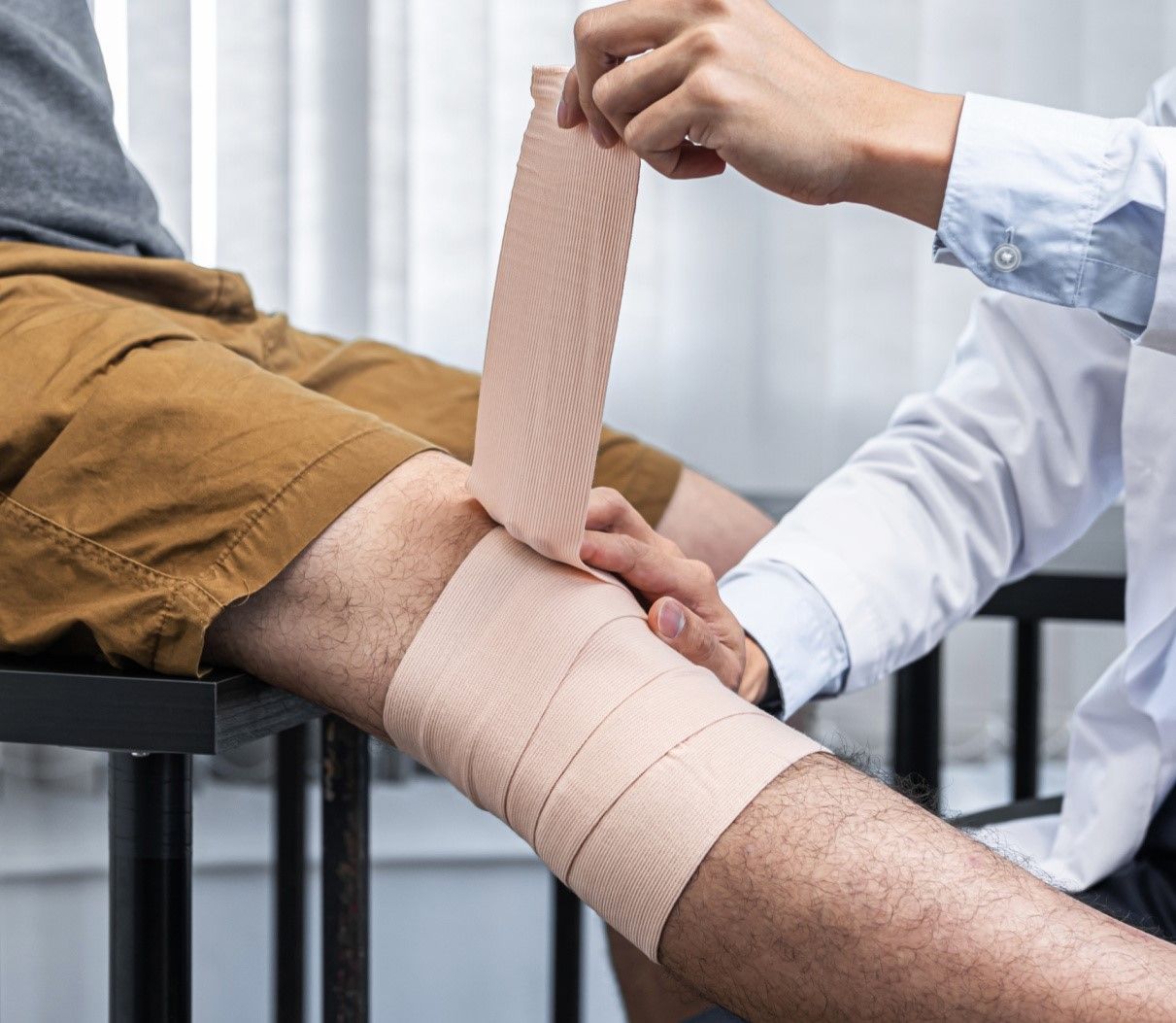Recovering From a Knee Injury? Here’s What you Should Know

Knee injuries are a daunting reality for all people, but specifically athletes. Over 40% of all sports injuries are related to the knee joint. Since we rely on our knees so heavily for jumping and changing directions quickly, it is very important to be preventive when training or stretching, as well as during active gameplay. However, you cannot guarantee that the best training regimen will prevent knee injuries. There are always collisions and other unpredictable accidents that will supersede even the most careful pre and post- competition routines.
This article will discuss the topic of knee injury recovery, but note that there are a wide range of knee injuries – from as minor as a sprain to as serious as an ACL tear or total knee replacement. With that being said, here’s what you need to know if you are recovering from a knee injury:
#1: For ACL tears or Meniscus tears, recovery can be lengthy
It can be tempting to want to return to a high activity level as soon as possible after a serious knee injury such as an Anterior Cruciate Ligament (ACL) tear. However, rushing the recovery process may result in re-injury or long-term chronic knee issues.
Instead, consult a physician immediately to determine the best course of action for you personally. In the event of an ACL sprain or tear, or a knee injury of any nature, the highly trained orthopaedic specialists at MidAmerica Orthopaedics will get you on the road to recovery. From diagnosis, to surgery, and physical therapy, MidAmerica Othopaedics has each step of the treatment and recovery process covered.
To learn more about ACL injuries specifically, read this blog.
#2: Chronic knee issues are tied to overall health
While the conversation surrounding knee injuries in general will naturally skew towards athletes because of their prevalence in sports, there are other types of knee issues – namely chronic knee pain – that are more common among less active individuals.
So who is at risk for chronic knee pain? The answers vary, but typically people who are overweight or obese are at a higher risk of knee pain, older individuals, and people who have a history of knee injuries. Overweight people will have more pressure put on their knees by doing everyday activities such as climbing stairs or walking, and this leads to deterioration and weakening of the knee joint, the largest joint in the human body.
When it comes to recovery, there are methods such as rest, physical therapy, medication, surgeries (such as knee replacements). If you are unsure where to turn or how to best position yourself or someone you know for a full knee injury recovery, visit MidAmerica Orthopaedics at either of our Chicagoland locations and have one of our fellowship-trained physicians inform you of the path to recovery for your personal health history.
#3: Know Which Exercises to do, and not do
Gradually increasing activity level is a necessary component of knee injury recovery, especially for athletes looking to return to their pre-injury level of strength and agility. However, doing too much too soon can derail the process of recovery, so it is important to make a well-informed plan and stick to it.
Some of the better exercises for knee injuries are flatland or stationary cycling, swimming, and body weight exercises such as half squats. These are low-intensity exercises that will be kind to your recovering joints and/or ligaments. Work these into your routines and consult your physician to see what else would be beneficial for your personal recovery journey.
On the contrary, some exercises can be detrimental to recovery. For example, running long distances on concrete with inclines, if you are early in recovery, can cause pain flare-ups. Additionally, bad technique during exercises such as squats or lunges are bad for your knees as well. Specifically, make sure to not let your knees cave in while squatting or let your knee pass over your toes while doing lunges.
To conclude, we hope that this blog helps you find yourself recovering from a knee injury of any kind, or that it will help you be prepared if such an injury arises.

